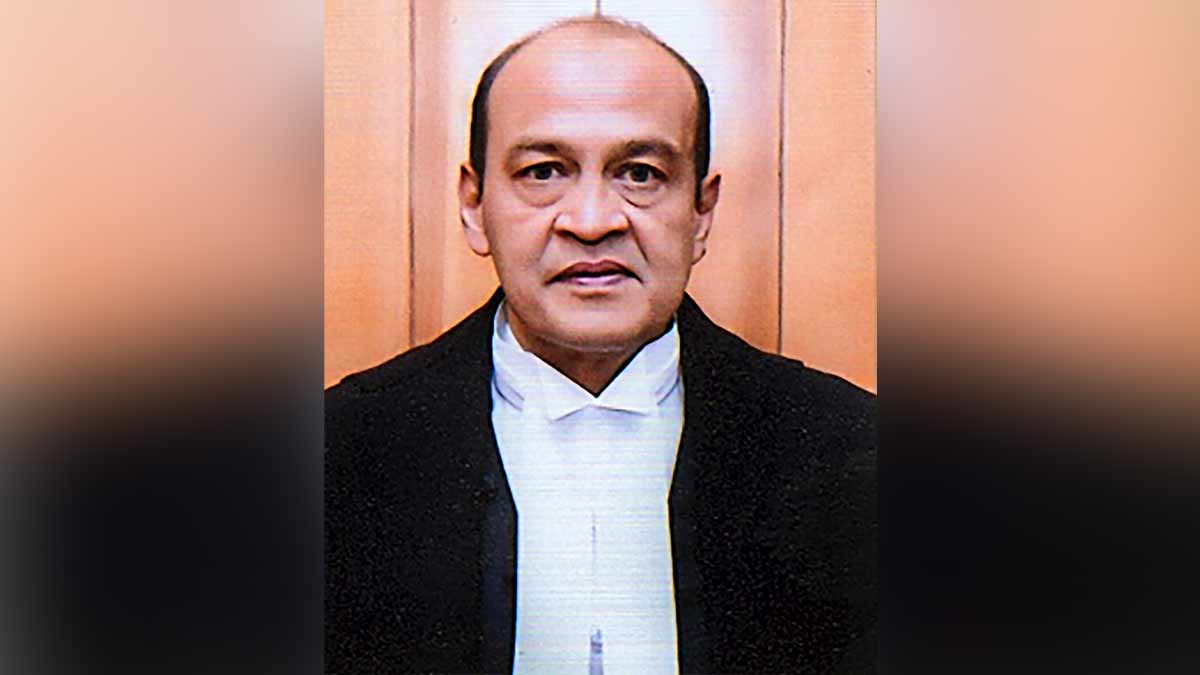OPINION: Key documents on Justice Yashwant Varma case should be placed in public domain

The recent episode of Justice Yashwant Varma of the Delhi High Court (who has been transferred to Allahabad High Court and may be impeached by the Indian Parliament on charges of corruption) raises the important question of the accountability of judges. My own opinion is that such accountability is a necessary complement to judicial independence and goes hand in hand with it. In other words, we cannot have judicial independence without judicial accountability.
I remember when I had written about the corruption of a judge of the Madras High Court (where I had been the Chief Justice in 2004-2005); the then Chief Justice of India, Justice R.M. Lodha, criticised me for trying to defame the Indian judiciary.
There are many people who believe and say that it is unwise and even dangerous to disclose the corruption in the judiciary. What such people forget is that even if one buries judicial corruption under the carpet, the bulge will show.
In this connection, Judge Jerome Frank of the US Court of Appeals said, “I am unable to conceive that in a democracy it can ever be unwise to acquaint the public with the truth about the workings of any branch of government. It is wholly undemocratic to treat the public as children who are unable to accept the inescapable shortcomings of man-made institutions. The best way to bring about the elimination of those shortcomings of our judicial system which are capable of being eliminated is to have all our citizens informed as to how that system now actually functions. It is a mistake, therefore, to try to establish and maintain through ignorance, public esteem for our Courts.”
I had earlier written some articles on Justice Varma, in which I stated that though I am a bit biased in favour of Justice Varma, as my family and his family had been close to each other for three generations, I will not try to shield him if indeed he is corrupt.
The Chief Justice of India, Justice Sanjiv Khanna, had appointed a committee of three judges who found Justice Varma prima facie guilty.
However, neither the report of this three-judge committee nor Justice Verma's written response to the committee setting out his version has been placed in the public domain.
This is surprising. Why should the people of India not know the contents of these two important documents? The people are supreme in a democracy. Then, why are they being treated like children, contrary to Judge Jerome Frank's opinion?
Justice Varma has called the findings of the three-judge committee perverse. He also said that he had asked for a meeting with CJI Khanna, but that was denied.
In my opinion, failure to place the abovementioned two documents in the public domain is an injustice to Justice Varma and a denial to the Indian people of something they have a right to know in a democracy.
Presently, many people (goaded on by the Indian media, which is always seeking sensations to increase their circulation/TRP ) are baying for the blood of Justice Verma. Like the Queen of Hearts in Lewis Carrol's Alice in Wonderland they have already pronounced their verdict, ''Off with his head'', without even knowing the full facts and Justice Varma's full version.
Public opinion being what it is now, with feelings running high, the Indian Parliament, to whom the President of India has referred the matter, is likely to impeach Justice Varma.
There is hope, however, that, in calmer times, when present pressures and passions subside, justice will be done to him.
Justice Markandey Katju retired from the Supreme Court in 2011. The opinions expressed in this article are those of the author and do not purport to reflect the opinions or views of THE WEEK.
India